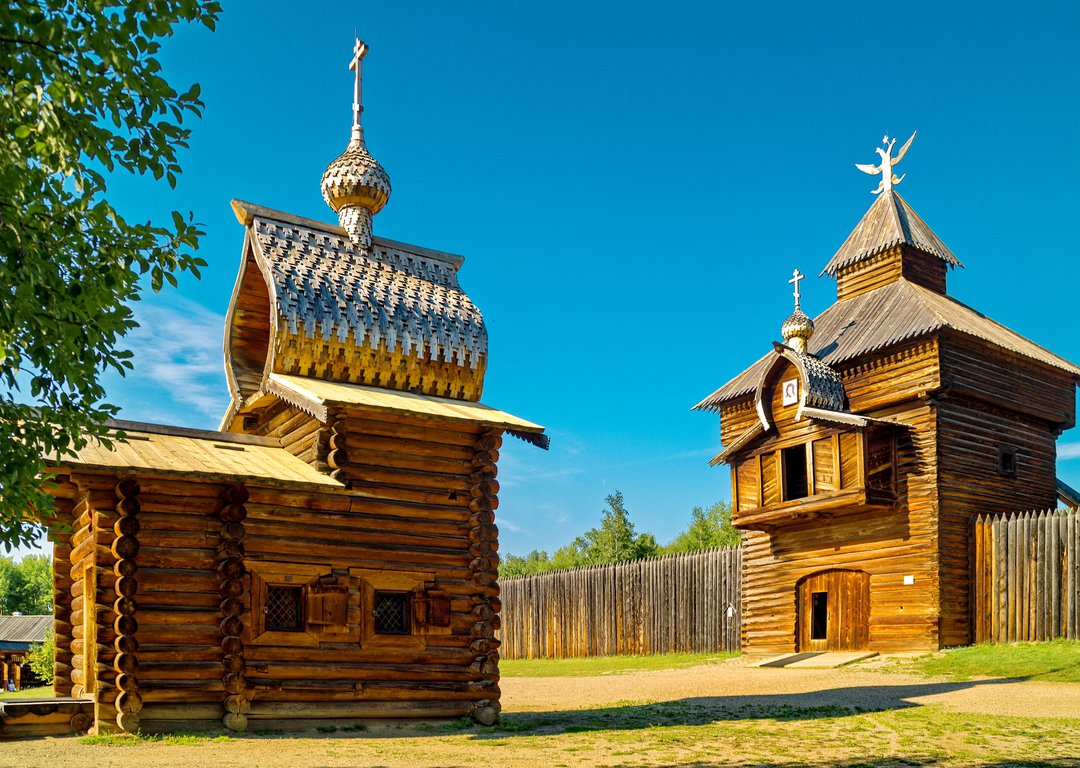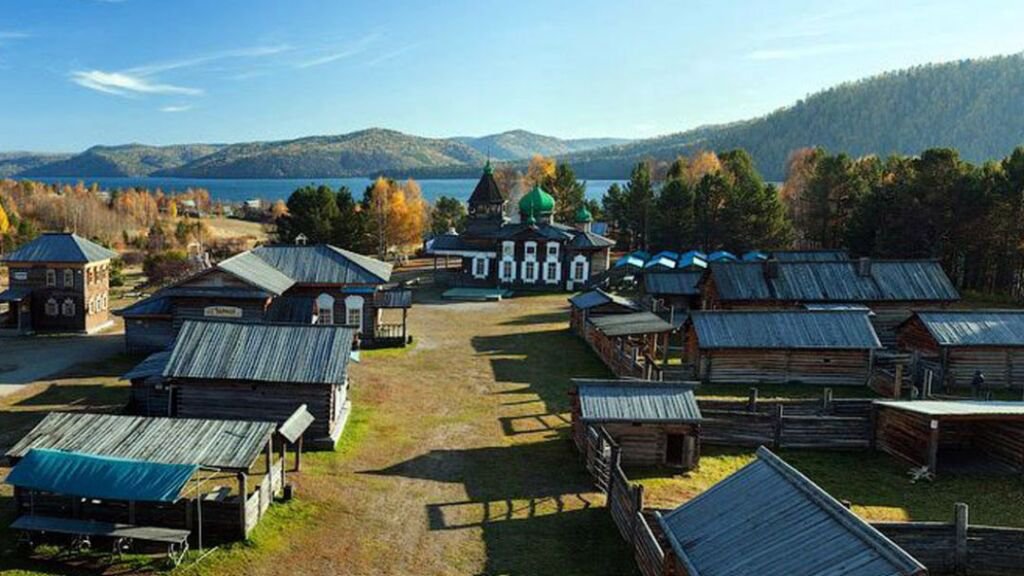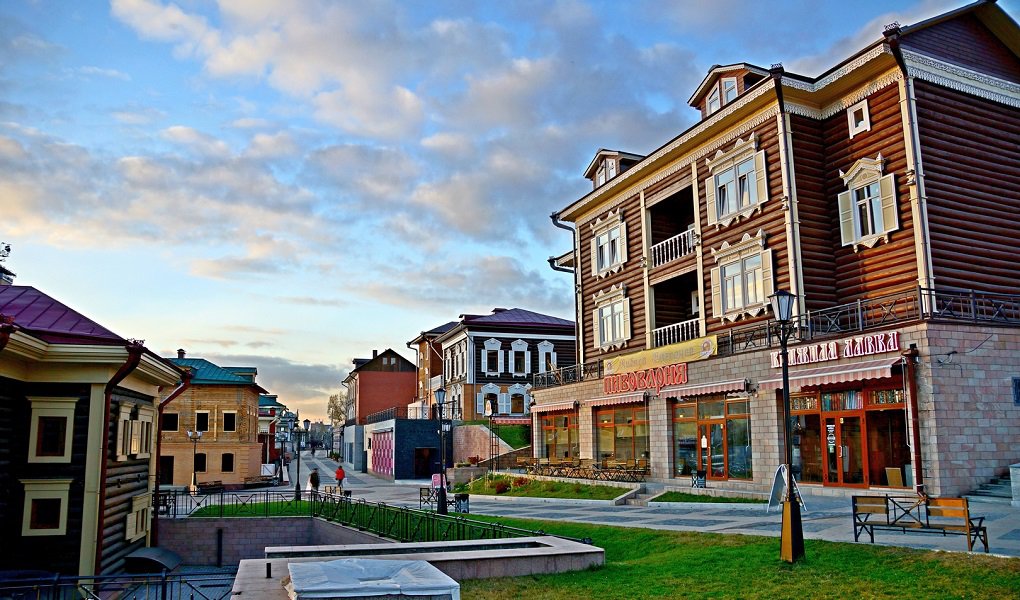 Irkutsk
IrkutskTraslado a Irkutsk después del desayuno. Esta ciudad fue fundada a mediados del siglo XVII. La ciudad es famosa por sus casas de madera y sus encajes perfectamente conservados. De hecho, el centro histórico de Irkutsk es un gran museo al aire libre. Irkutsk se encuentra a orillas del poderoso río Angara y una vez se usó como lugar de exilio para los hombres nobles revolucionarios de San Petersburgo y Moscú, por su participación en disturbios o desobediencia civil. La llegada más grande en la historia de Irkutsk ocurrió después de los famosos disturbios de diciembre contra el zar en diciembre de 1825, donde algunos de los rebeldes de alto perfil terminaron viajando a Siberia con esposas y familias. Decembriest tuvo como objetivo eliminar la monarquía en Rusia.
 Taltsy
TaltsyCheck out and transfer to the open-air Siberian culture museum Taltsy. Step back in time and gain a deeper understanding of Siberia's customs and lifestyle. The exposition features wooden buildings brought from all over Siberia. The museum looks like an ancient village with long streets, wooden houses, water mills, and even a small school. The addition of a Russian lunch, Tea & Honey degustation, and folk performances creates an even richer cultural experience, allowing visitors not just to see, but also to taste and hear the traditions of Siberia.
 Irkutsk
Irkutsk
Continue your tour and proceed to Irkutsk. The city is well-known for its rich cultural heritage and stunning wooden architecture. Irkutsk served as an important stop on the Trans-Siberian Railway and was a hub for trade and cultural exchange.
The city is renowned for its beautifully preserved wooden houses, many of which feature intricate wooden lacework, a hallmark of traditional Siberian craftsmanship. These historic buildings, which are scattered throughout the city, create a unique and charming atmosphere, giving the feeling of an open-air museum as you stroll through the streets.
Irkutsk is also famously situated on the banks of the Angara River, which flows out of Lake Baikal. The river adds to the city's scenic beauty and provides a peaceful backdrop for exploring its historic district. was once used as a place of exile for revolutionary noble men from St. Petersburg and Moscow, for their participation in riots or civil disobedience. Following their failed uprising against Tsar Nicholas I in December 1825, many Decembrist revolutionaries—high-ranking noblemen from St. Petersburg and Moscow—were exiled to Irkutsk, along with their wives and families. This influx constituted one of the largest population increases in Irkutsk's history.
Time for pre-train shopping before boarding your next train to Yekaterinburg.